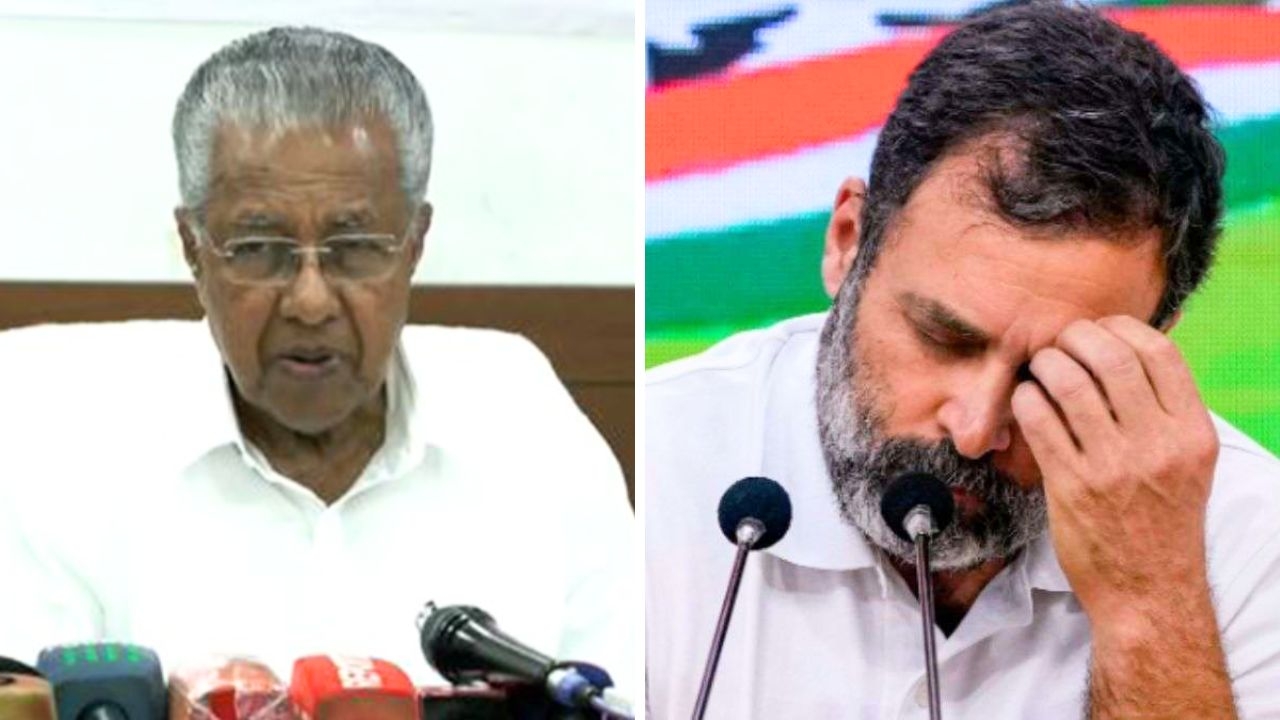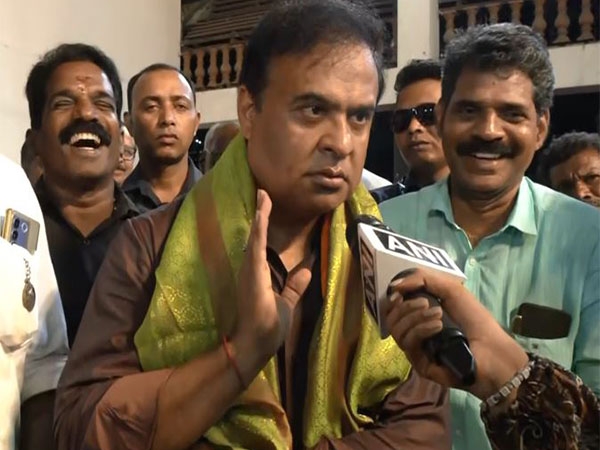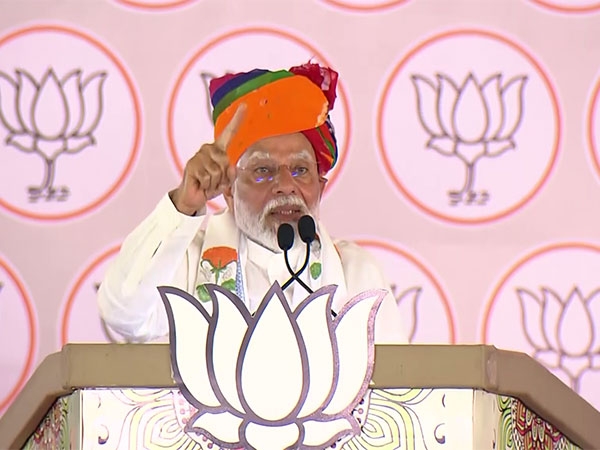Jaitley's dilemma: 2 ways to find money for pay hikes, neither is easy
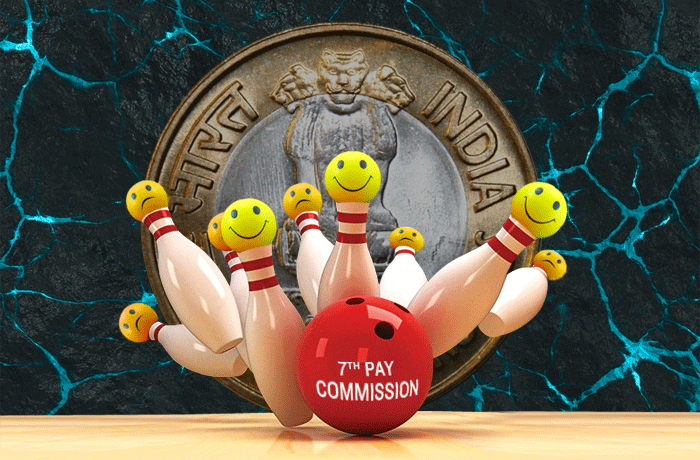
As Finance Minister Arun Jaitley gets down to finding the Rs 1,02,100 crore required to implement the 7th Central Pay Commission's report, economists say he will have to choose between fiscal consolidation and growth.
So far, the government has indicated that it will stick to the target of reducing the fiscal deficit in this financial year and the next.
Also read - Pay Commission windfall: peon to get Rs 18,000 a month, cabinet secretary Rs 2.5 lakh
"The government will deal with the situation. We will work out our numbers. So far as the fiscal consolidation roadmap is concerned, it'll be maintained," said Shaktikanta Das, the Secretary for Economic Affairs.
In the 2015-16 budget, Jaitley had provided for a fiscal deficit of 3.9% of GDP, and set a target of reducing it to 3.5% and 3% in 2016-17 and 2017-18, respectively.
India is under pressure to improve its sovereign credit ratings - which requires keeping the deficit in check - to attract more FDI as well as Foreign Institutional Investors, or FII.
According to the credit rating agency Fitch, the pay revision could make it difficult to reduce the deficit to 3.5% by March 2017 unless the country cuts spending or raises revenues.
India's debt burden of 65% of GDP is the highest among 'BBB minus' rated countries
"The planned wage increase is sufficient to add substantive challenges to achieving the planned medium-term consolidation targets," Fitch warns. "Delaying an improvement in India's fiscal position would underscore a longstanding weakness for the sovereign credit profile."
India's debt burden of nearly 65% of GDP, Fitch points out, is the highest among "BBB minus" rated countries, which have an average debt of 43%.
So, should Jaitley go for spending cuts?
No, says Rajiv Kumar, a senior fellow at the Centre for Policy Research, Delhi. "Cutting expenditure would lead to demand side problem. There is not enough investment from the private sector. Being dogmatic about the fiscal consolidation can lead to compromising with the growth of the country."
Kumar recalls that P Chidambaram faced the same choice when the 6th Pay Commission's report was implemented in 2008-09. He chose growth over fiscal consolidation. "Chidambaram was going into an election year and he did not want to squeeze public expenditure. He took a hit on the country's fiscal deficit to ensure there was enough money in the economy," Kumar says.
The fiscal deficit in 2008-09 was reported at 6.2%, more than twice the target of 3%.
IMF has projected 7.5% growth for India this fiscal. Cutting spending to pay for pay hike will dent it
The IMF has projected 7.5% growth for India in the current fiscal, basing its calculations on the government's estimate of capital expenditure, which was increased by 25.5%, or Rs 49,100 crore, over the previous year. It follows, therefore, that expenditure cuts are likely to hit growth.
Not doing so, on the other hand, is likely to fuel inflation as giving more money to people, through pay and pension hikes, increases consumption.
In 2008, when a 35% pay hike was implemented, the average Consumer Price Index, a measure of inflation, rose to 8.39% from 6.39% the previous year. But the real impact of the wage hike was felt in 2009 and 2010 when the index jumped to 10.83% and 12.11%, respectively.
Also read - Your guide to the recommendations of the 7th Pay Commission
"The government will have to take a call on how it wants to deal with the added pressure on its finances. If it decides to print more money to fund the increased wages, it may lead to inflation as was the case in 2008-09," says Pranab Sen, Chairman, Statistical Commission of India.
After the last pay hike 7 years ago, CPI inflation rose to 8.39%, 10.83% and 12.11% in 2008, '09, '10
"If it doesn't want to print more money, it can go for expenditure cuts in the remaining part of the current fiscal as well as next year."
Kumar suggests another way of offsetting the burden. "The government should look at increasing its revenue receipts. It should try to increase the income tax collection by expanding the tax base."
Would that also mean introducing a cess on some tax? In the current situation, this looks unlikely.
It would be interesting to see how Jaitley goes about the task.
READ MORE - 'Landmark' or 'unconstitutional': reading the SC verdict on NJAC Act



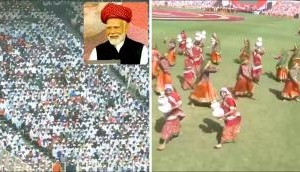



![BJP's Kapil Mishra recreates Shankar Mahadevan’s ‘Breathless’ song to highlight Delhi pollution [WATCH] BJP's Kapil Mishra recreates Shankar Mahadevan’s ‘Breathless’ song to highlight Delhi pollution [WATCH]](http://images.catchnews.com/upload/2022/11/03/kapil-mishra_240884_300x172.png)

![Anupam Kher shares pictures of his toned body on 67th birthday [MUST SEE] Anupam Kher shares pictures of his toned body on 67th birthday [MUST SEE]](http://images.catchnews.com/upload/2022/03/07/Anupam_kher_231145_300x172.jpg)


